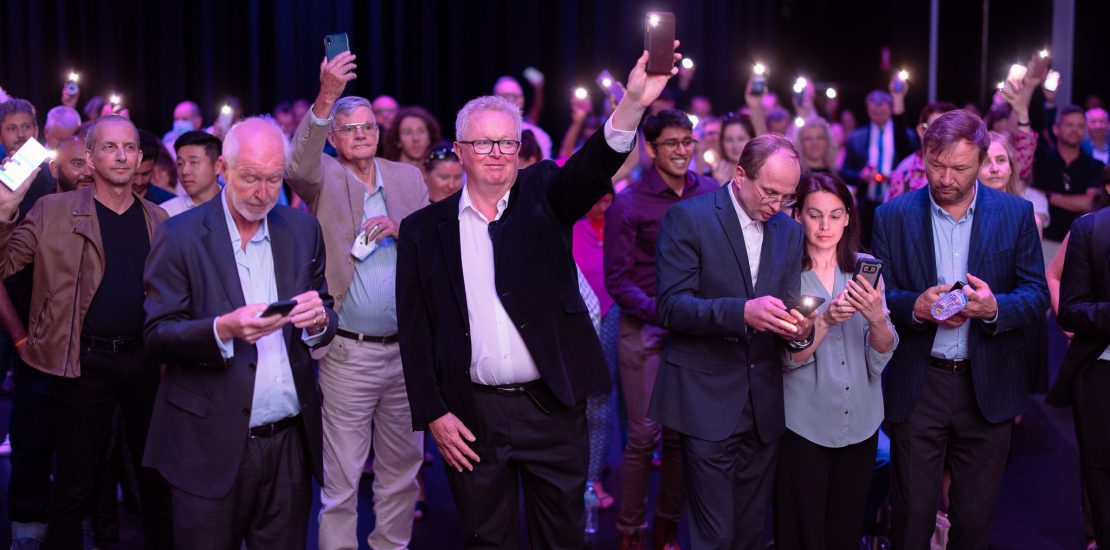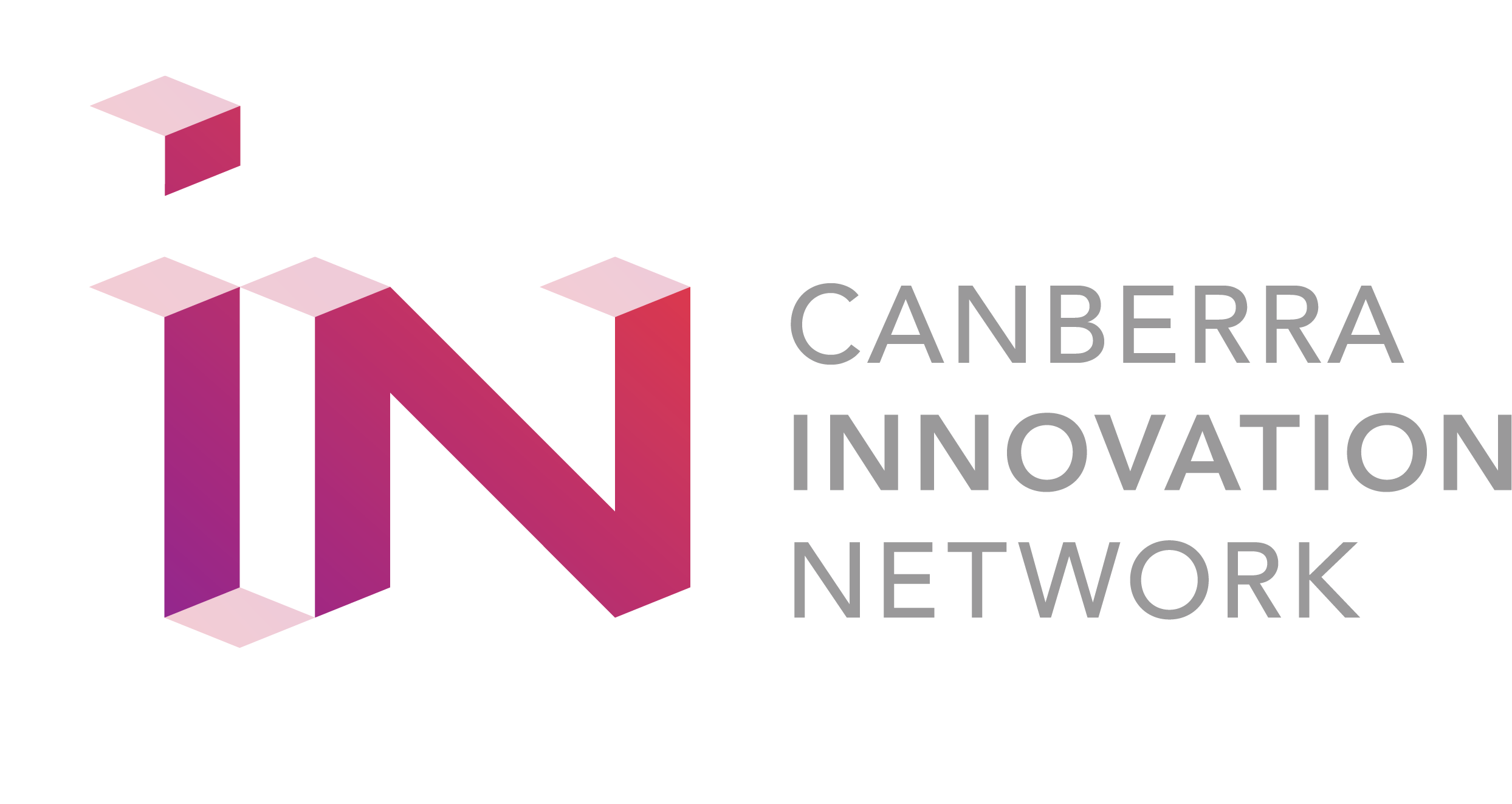- 1 December 2023
- Posted by: Laura Croft
- Categories: Coworking, Event News, Feature, General News

A deputy head teacher described Zak Farag as “the most disruptive child I’ve come across in 40 years of teaching”.
It’s just one standout memory in a tumultuous education experience coloured by constant disciplinary action and countless suspensions, and culminating in him dropping out of school at age 15.
When diagnosed with ADHD at 21, he turned his mind – which contrary to his childhood feedback was intelligent and innovative – towards awareness and advocacy for neurodivergent children.
The result was Psyquility, a company developing software to help children with ADHD perform better in school.
Using AI-driven elements to track key markers, its system detects certain cues that indicate inattention and employs interventions that help train the child’s executive functions throughout the day.
One of the key features built into the software is gender neutrality, according to Zak.
“It has been found that ADHD often presents as hyperactivity in boys whereas for girls, it tends to present more as an inattentiveness – zoning out and so on,” he says.
“Because of this, there are systemic issues with girls getting misdiagnosed or going undiagnosed.
“By designing psychological interventions that incorporate aspects of both, and targeting it at so many levels, we think we’ve designed a truly gender-neutral product.”

Though designed to target ADHD, the product could have broader applications such as addressing issues with mood regulation and emotional intelligence. Beyond schools, the software could be adapted to help people in other educational settings and for other cohorts such as senior demographics.
“We want to offer an alternative to stimulant-based medications because a lot of people find them – especially those with amphetamines – unsuitable. For children in particular, long-term use can have a significant impact on the body and brain development,” Zak says.
“It will also help address the issues of affordability and availability. Even with rebates, the average cost per month for things like therapy and medication is $2000, and there’s an average wait of one to two years in Australia. A lot of people in ACT are actually going out of state for therapy.
“We’ve created software founded in evidence-based psychology that is instantly accessible at a fraction of the price.”
Next month Zak and his team at Psyquility will go head-to-head with other local start-ups in a high-intensity pitching competition at the Canberra Innovation Network (CBRIN) 2023 Innovation Showcase. They will be vying for three cash prizes for the best pitch voted by the crowd.
This year’s theme is Shaping Tomorrow Today.
CBRIN CEO Petr Adamek says the purpose of the annual showcase is to demonstrate the breadth, diversity and depth of innovation happening in the ACT.
“People will be coming from all walks of life – students, researchers, innovators who do stuff in their garages, people passionate about their environment and social enterprises,” he says.
“There will be businesses from across the spectrum of the start-up journey. Some are advanced and servicing the national industry needs such as cyber security. Others are just in the idea stage.”
The showcase will give attendees a taste of things happening in today’s innovation ecosystem.
These include Fiona Buining’s Urban Farm Accelerator, which looks at how local food systems are organised and how they provide social value and employment for the vulnerable.
Christopher and Max Warren’s “My Green Butler” looks at bringing the latest sustainability practices to the hospitality industry and Teresa Wojcik of “Your Season” will showcase a digital tool to help us find our ideal colour profile for the wardrobe.
Harold Dimpel’s “Rocket Remit” enables those in poor countries to receive money transfers without needing a bank account, so they can help lift their families out of poverty and overcome systemic financial exclusion.
From cyber security to social enterprise, fashion to Defence, the event will be a celebration of people who want to change the world from Canberra through innovation and leveraging the innovation ecosystem. Attendees can immerse themselves in the innovation community, visit stalls and engage hands-on with a range of interactive displays run by real-life innovators.
“Participants can expect to be exposed to stories from people working on the unimaginable. But seeing is believing,” Petr says.
“They’ll be surrounded by highly energised, passionate people working across several disciplines to help shape a better future. It’s about inspiration. By engaging, you can permit yourself to do something out of the box, new, experimental.
“There is a perception that only scientists can be innovators. We want to bust this myth. There is no prescribed way to innovate. Quite simply, innovation starts with you.”
The 2023 Innovation Showcase on Wednesday 6 December from 4 pm to 6 pm is at Thoroughbred Park, 1 Randwick Rd, Lyneham – book here.
Article written by Dione David journalist and sub editor for Riotact. View original article here.

